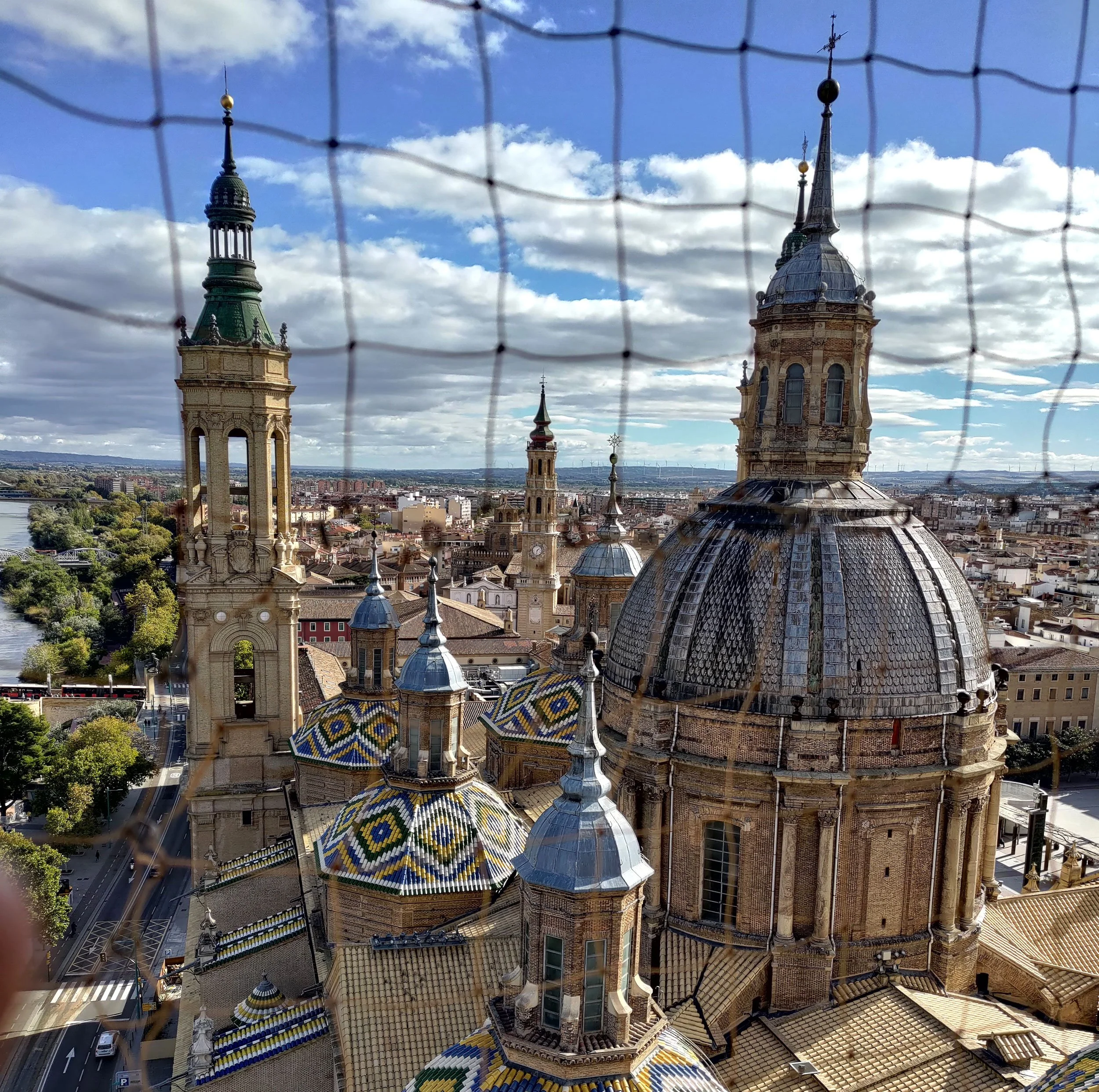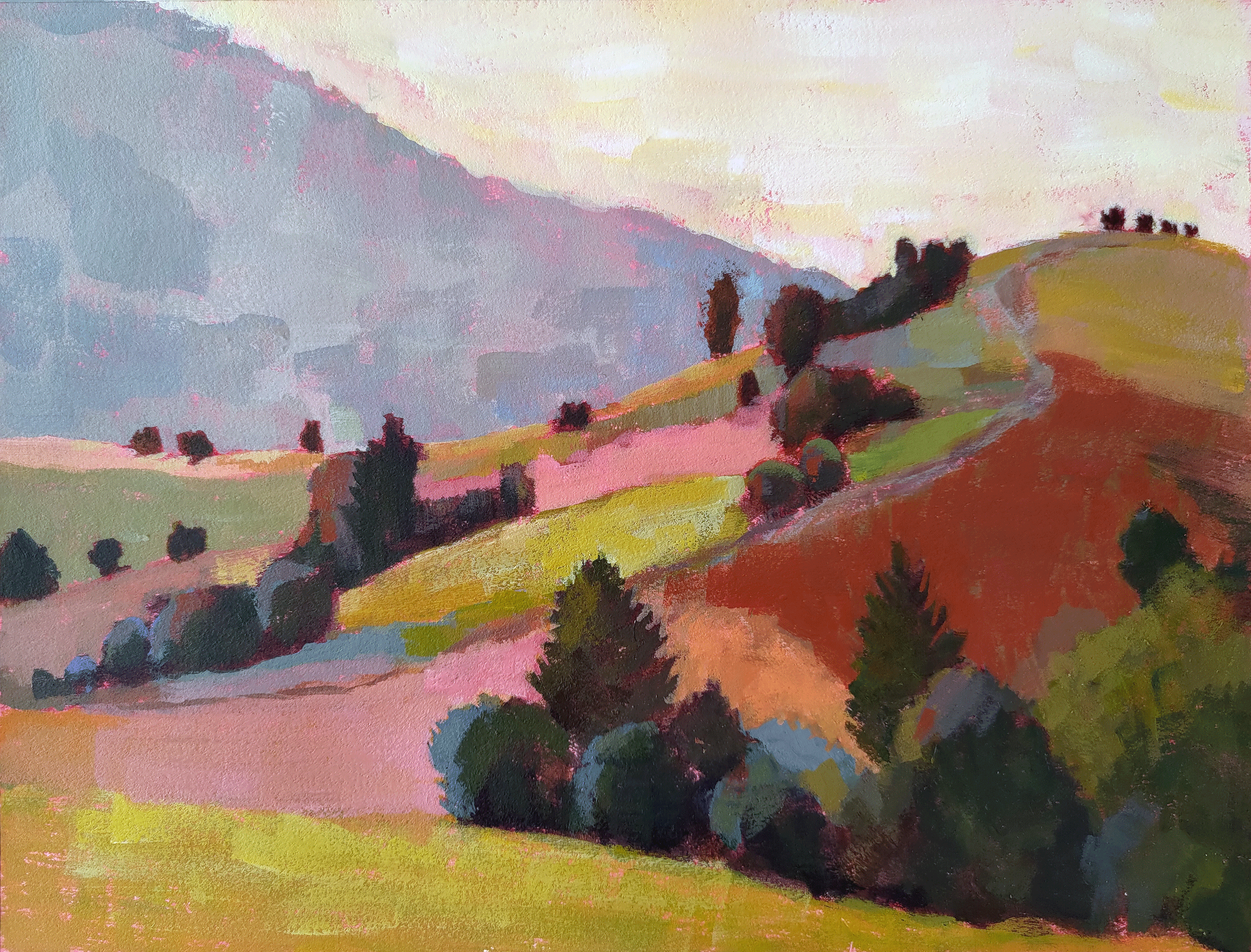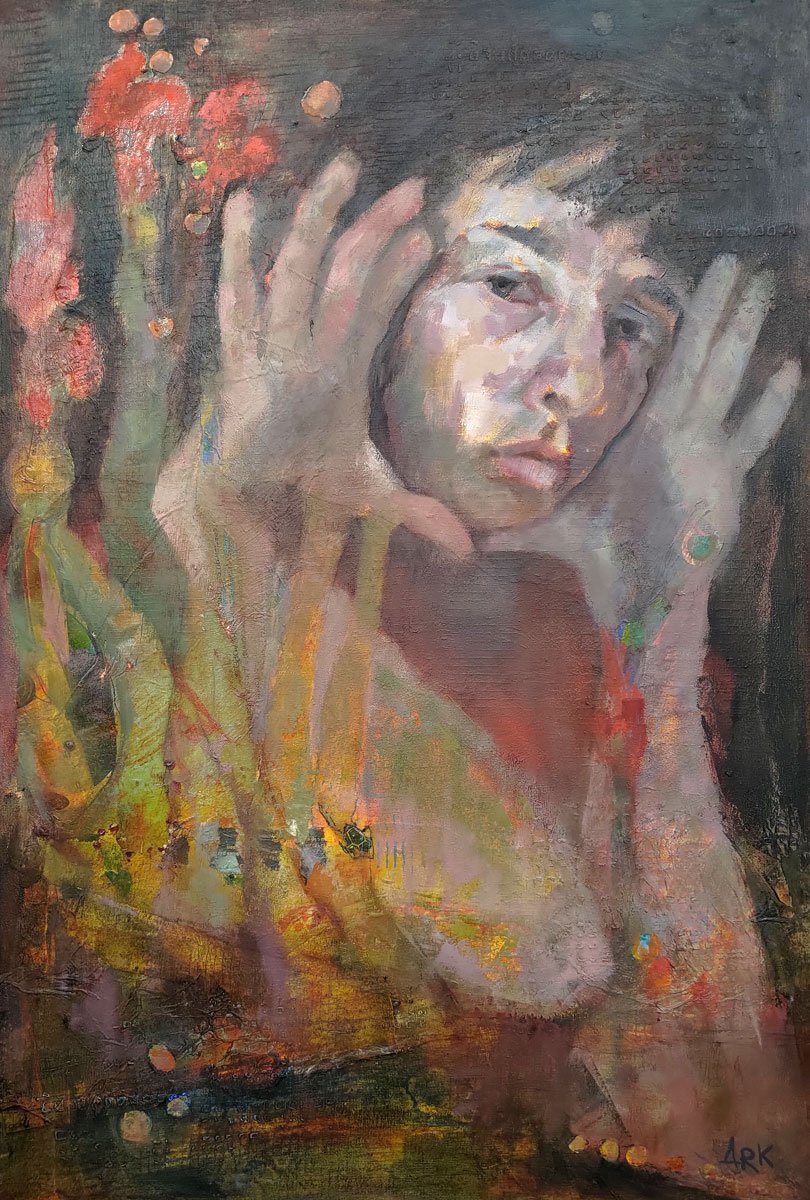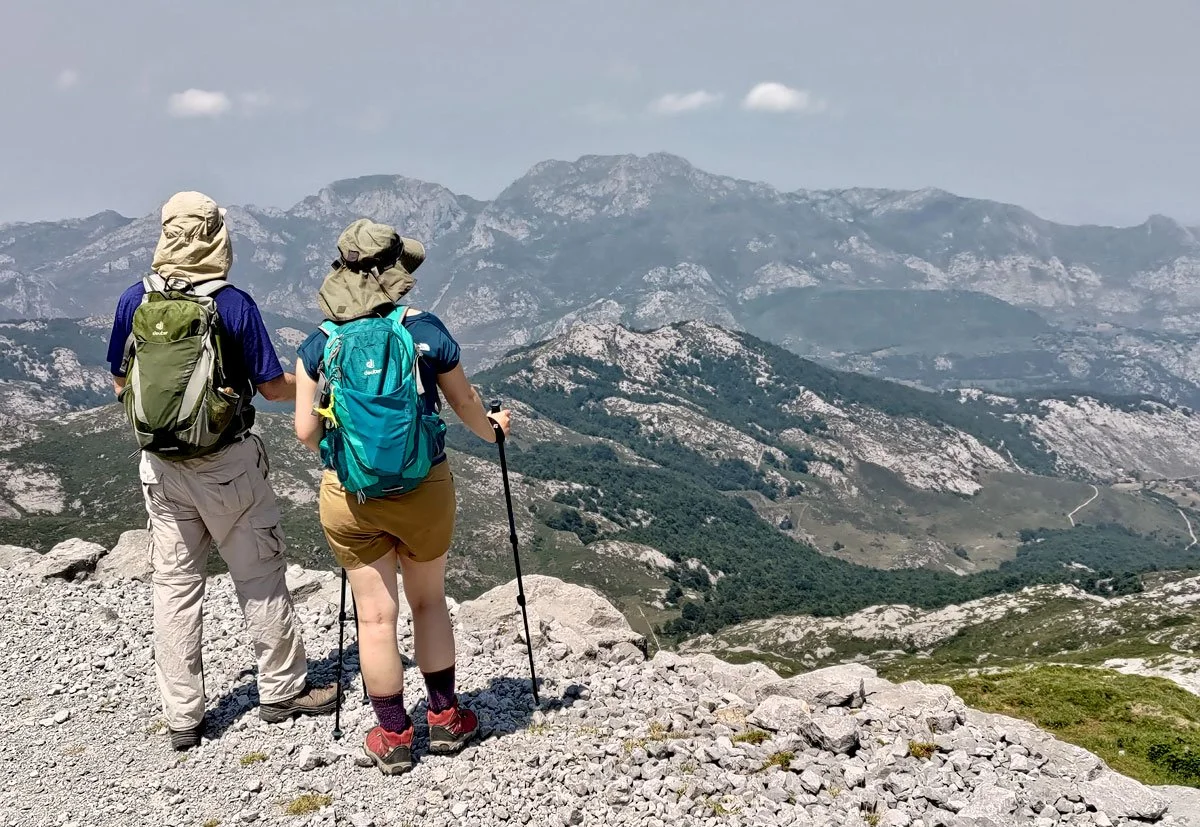I have just finished a year of small writing experiments and you, dear reader, were part of my laboratory. What are small experiments and what can they teach us? My own experiments have been instrumental in helping me incrementally find my way in the world of blog writing.
Read MoreAs I head into this next decade of my life, I am reminded of the powerful physical, mental, and creative benefits of taking the time to invite in everyday moments of awe and wonder.
Read MoreUnderstanding is good medicine. When we know what’s going on we are less stressed, less likely to become mentally fatigued, and better able to make decisions. Our brains are generally good at building the mental maps that support understanding, but it helps immensely if the environment or information itself is organized to make map-making easier. What does this look like?
Read MoreAs my hair has gotten greyer, my instinct toward self-reliance has only gotten stronger. But lately I’ve been contemplating the missed opportunities – for others as well as ourselves – when we fail to recognize the many ways that helping helps.
Read MoreThe ping-pong conversational style of information sharing and anecdote exchange seems to dominate my conversations these days. And while there’s nothing particularly wrong with this, these conversations often leave me wanting more. Is our need to share drowning out our need to be understood and to understand others? Is our default conversational style making us inadvertently miss out on opportunities for deeper connection and growth? How can we literally reframe the conversation?
Read MoreUncertainty brings its own kind of mental pain. And the temptation to avoid it – even when it is part of learning and discovery – can be hard to resist. Whether we cling to familiar shores out of a sense of self-preservation, love, or entitlement, we often end up limiting our own opportunities for learning, discovery, and personal growth. How can we change our environments or our own mindsets to support us while we swim in deeper waters?
Read MorePeople are designed to be curious just like greyhounds are designed to run. Both can probably still survive if those natural tendencies are caged, but they are unlikely to flourish. How does curiosity help us be our best selves? What can we do to free our curiosity if we find it has been caged through neglect, complacency, or an inhospitable environment?
Read MoreJust like the pain of hunger is a signal to feed our bodies, the pain of boredom is a signal to feed our brains. Boredom cries out for mental engagement but it doesn’t tell us how or with what. The big businesses of the attention economy are more than happy to provide quick and easy short term boredom balms, but these rarely enrich us. How can we learn to listen to our boredom and reach for something that is more nourishing in the long run?
Read MoreThe pleasurable state of mind between the known and the unknown, between familiarity and exploration, is where creativity flourishes and discoveries are made. How can you cultivate this state of mind and what can it do for you?
Read MoreLike Jello and cement, once our minds are set they are hard to change. This has certainly been true of my “paint scarcity” mindset in the studio. One alternative to trying to think ourselves into a new mindset is to look to the environment for help. This is just what I did when I set out to shift my paint scarcity mindset by creating a micro-environment of abundance.
Read MoreEnvironment matters. It’s easier to get daily exercise in a city that is designed for walking than one that is designed for driving. It’s easier to eat a healthy diet if that is what’s on the menu. And it’s easier to learn a language in a city that immerses you. Unfortunately, that is not Barcelona. In my ongoing effort to tip to Spanish fluency, I find myself wondering if I can tweak my environment in order to offload some of the learning burden from my own waning willpower.
Read MoreI’m feeling grateful and pleased that my painting, Head On Again, recently won first place at the 2024 Cold Wax International Juried Exhibition. Grateful, pleased and … lucky. What does luck have to do with it?
Read MoreIs it really fear we feel when we worry about what other people think about us or our work? Reframing “fear” in this context as “vulnerability” helps identify a range of useful strategies for thriving in an uncertain social environment.
Read MoreIs it really fear we feel when we are in situations where we don’t know what we’re doing? Reframing “fear” in this context as “confusion” can help us identify a broad range of strategies for what to do when we feel out of our depth.
Read MoreIs it fear that artists and writers feel when facing the blank canvas or page? Reframing fear in this context as uncertainty about how to make a start or keep going can help us identify concrete ways to become unstuck.
Read MoreSometimes what we label as fear is really uncertainty, confusion, or vulnerability. Read on to learn how reframing fear can lead to problem-solving solutions that are more useful than the vague encouragement to “be brave.”
Read MoreIn this short post, I reflect on the recent drivers of change in my artwork.
Read MorePractice strategies you can use to turbo-charge the knowledge construction that underlies expertise.
Read MoreThe problem with categorizing art and why I’ve decided to drop the “fine.”
Read MoreIt can be extraordinarily frustrating when people fail to see the obvious. Why can’t they perceive what’s right in front of them? Why can’t they see what’s real and true?
Read More
















